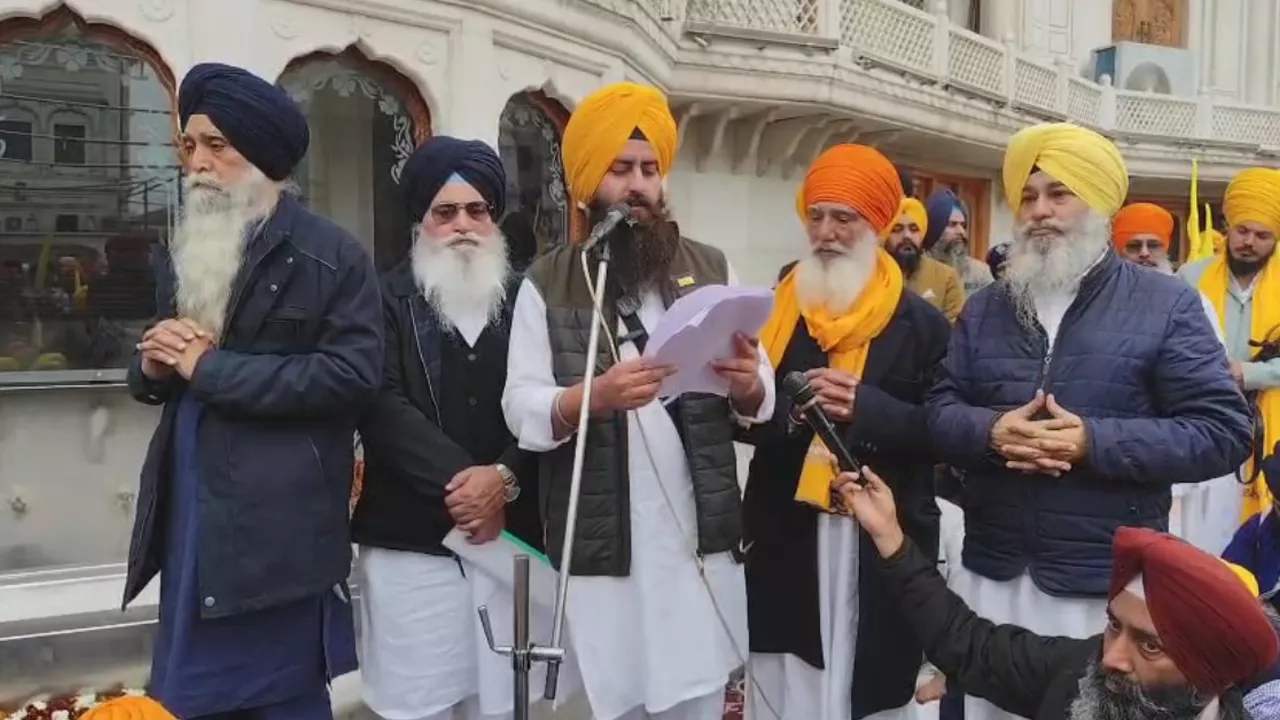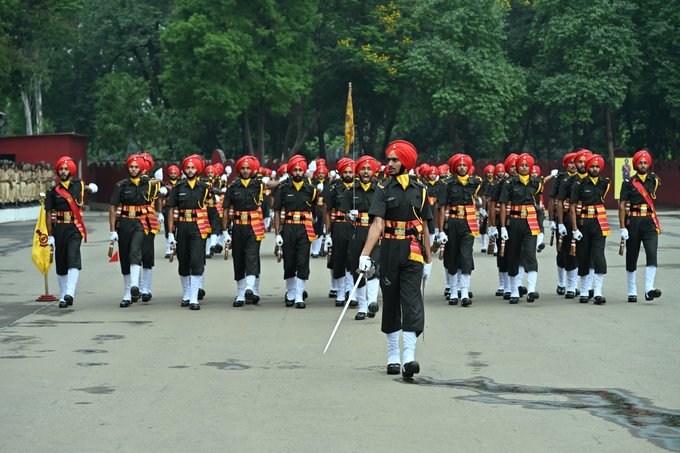Panjab University professor of Political Science Pampa Mukherjee has reviewed sociologist and academic Santok Kumar Singh's book The Deras: Culture, Diversity and Politics. She says the book comes at a time when issues of caste, identity, and the politicization of religion are deeply embedded in India’s social and political life. Singh offers a nuanced and detailed account of the diverse role of Deras—non-Brahminical, sectarian religious institutions that have existed for decades in Panjab’s socio-cultural and political landscape. Singh argues that deras are more than religious sites, they are dynamic entities combining spiritual guidance with social activism. These institutions enable community connect and a sense of belonging, and are thus a unique example of social capital—trust within communities. The book draws insights from various sociological theories of identity, power, and subaltern agency to argue that Deras serve as counter-hegemonic spaces for marginalized communities, especially Dalits, to assert their dignity outside the framework of Sikh orthodoxy and Hindu ritualism. One of the central arguments is that the Deras embody a form of religious democratization. In particular, Dalit Deras challenge the exclusionary practices of mainstream Sikh religion, which, despite its egalitarian theological claims, is often marked by caste stratification. Through rituals, iconography, and devotional narratives, these deras offer an inclusive space where marginalized communities can reclaim spiritual agency. The author discusses how political parties have engaged with or co-opted Deras to consolidate vote banks. The case of the 2007 Panjab Assembly elections and the growing influence of Dera Sacha Sauda on Dalit voters is analyzed in detail. Singh is careful to distinguish between the spiritual motives of followers and the strategic calculus of political actors. He shows how leaders of Deras have navigated state power, police scrutiny, and media attention while maintaining their spiritual authority. He also does not shy away from discussing the controversies that have maligned many Deras. The book might also have benefitted from a more systematic engagement with gender dynamics within Deras.


Like what you're reading? Subscribe to our top stories.
Liv Forum provides a digest of analysis on major issues facing Indian (East) Panjab and Sikhs globally.
In accordance with our Privacy Policy, we will never share or sell the information of our subscribers.






